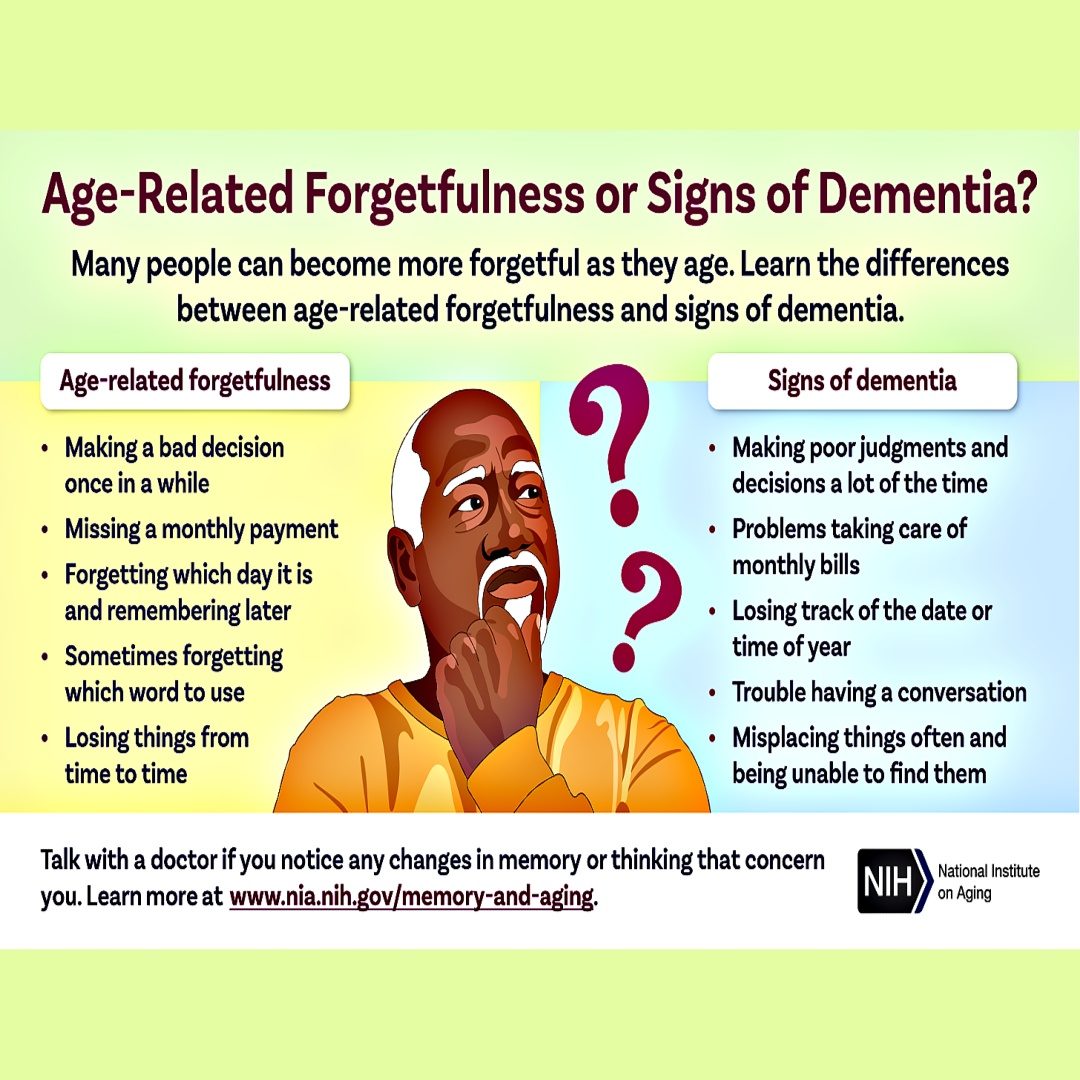Mental Health & Substance Abuse
Life is a journey including bumps in the road.
Mental health feeds the engine that drives our progress.
Mental Health & Substance Abuse Help for You
Life is a journey including bumps in the road.
Mental health feeds the engine that drives our progress.
Finding the right help for mental health challenges involves a comprehensive and personalized approach. As a mental health social worker, my role is to empower individuals to take charge of their mental health journey. By following this six-step process, individuals can navigate the complexities of the mental health system, access appropriate resources, and work towards achieving their mental health and well-being goals. It’s essential to approach this process with patience, self-compassion, and a commitment to long-term mental health maintenance.
10.2m+
have drug and alcoholism disorders at the same time
90%
who die by suicide have mental illness
20%
have mental health disorders
Step 1: Self-Assessment and Acknowledgment
The first step involves self-assessment and acknowledgment. Encourage individuals to reflect on their feelings, thoughts, and behaviors. Acknowledging the need for help is a vital and courageous step. Assessing the severity and impact of symptoms helps individuals understand the urgency and type of support required.

Step 2: Research and Education
Support individuals in conducting research and educating themselves about mental health conditions, treatment options, and available resources. Encourage them to explore reputable websites, read books, and attend educational events to gain a better understanding of their specific challenges. Knowledge empowers individuals to make informed decisions about their mental health.


Step 3: Seeking Professional Guidance
Guide individuals to seek professional guidance from mental health professionals. This can include therapists, counselors, psychologists, or psychiatrists. Ensure they consider professionals with expertise in the specific area of concern, whether it’s substance abuse, dementia, or other behavioral health conditions. The initial consultation allows individuals to assess the therapist-client fit and discuss treatment approaches.

Step 4: Utilizing Supportive Networks
Encourage individuals to lean on their support networks, such as family, friends, or community groups. Discussing mental health challenges with trusted individuals reduces the sense of isolation and can lead to valuable insights and recommendations. Supportive networks can also play a crucial role in encouraging treatment adherence and providing emotional support.

Step 5: Exploring Treatment Options
Help individuals explore various treatment options based on their needs and preferences. This may include psychotherapy, medication management, support groups, or holistic approaches. Collaborate with mental health professionals to develop a personalized treatment plan that addresses the individual’s unique circumstances and goals. Emphasize the importance of ongoing communication with the treatment team.

Step 6: Advocating for Continuity of Care
Guide individuals in advocating for continuity of care. Ensure they understand the importance of regular follow-up appointments, medication adherence if prescribed, and consistent engagement in therapy or support groups. Collaborate with the individual to identify potential barriers to care and develop strategies for overcoming them.
Mild Cognitive Impairment
Speaking for all humanity, which may not be appropriate but here I go, changes in our abilities and interest in later life are frightening. Most of us first look at the aging of our parents and siblings for hints as to what future conditions and diseases maybe lurking in our brains and genes. Secondly we look at our own medical history and then the community for environmental and social changes that may increase our personal risk of losing brain function. There are no tarot card readers that understand the human brain as well as the scientist at the National Institutes of Health and the Alzheimer’s Association.
Understanding Mild Cognitive Impairment
Mild cognitive impairment serves as a precursor to more severe forms of dementia and Alzheimer’s disease. As individuals age, cognitive functions may experience subtle changes, affecting memory, language, and spatial perception. The Alzheimer’s Association defines MCI as a stage where individuals exhibit early signs of cognitive decline while still maintaining independence in performing most daily activities. Here are the common signs to watch for according to the Alzheimer’s Association:
- Forget things more often.
- Missed appointments or social events.
- Losing a train of thought or declining ability to follow the plot of a book or movie.
- Difficulty following a conversation.
- Decline in decision making abilities such as finishing a task or following instructions.
- Trouble finding your way around familiar places without using a GPS app.
- Signs of poor judgment.
- Lastly, family and friends notice any of these changes.
Navigating Cognitive Impairment
According to the Alzheimer’s Association, a medical work up should include: A medical workup for MCI includes the following core elements:
- Thorough medical history, where the physician documents current symptoms, previous illnesses and medical conditions, and any family history of significant memory problems or dementia.
- Assessment of independent function and daily activities, which focuses on any changes from a person’s usual level of function.
- Input from a family member or trusted friend to provide additional perspective on how function may have changed.
- Assessment of mental status using brief tests designed to evaluate memory, planning, judgment, ability to understand visual information and other key thinking skills.
- In-office neurological examination to assess the function of nerves and reflexes, movement, coordination, balance, and senses.
- Evaluation of mood to detect depression; symptoms may include problems with memory or feeling “foggy.” Depression is widespread and may be especially common in older adults.
- Laboratory tests including blood tests and imaging of the brain’s structure.
Credit for Caring Check-Ups
Cognitive impairment, while a natural part of aging, necessitates thoughtful consideration of its impact on daily living activities. As millions of Americans live with mild cognitive impairment, it becomes imperative to address their evolving needs to support independence and autonomy. Credit for Caring provides a range of tools for dressing, bathing, toileting, and eating, addressing the specific needs associated with each ADL. These practical aids contribute to the overall well-being of individuals living with cognitive impairments. As we navigate the complexities of cognitive impairment, the integration of practical tools and supportive resources ensures that individuals can maintain a sense of dignity, purpose, and independence in their daily lives.
















